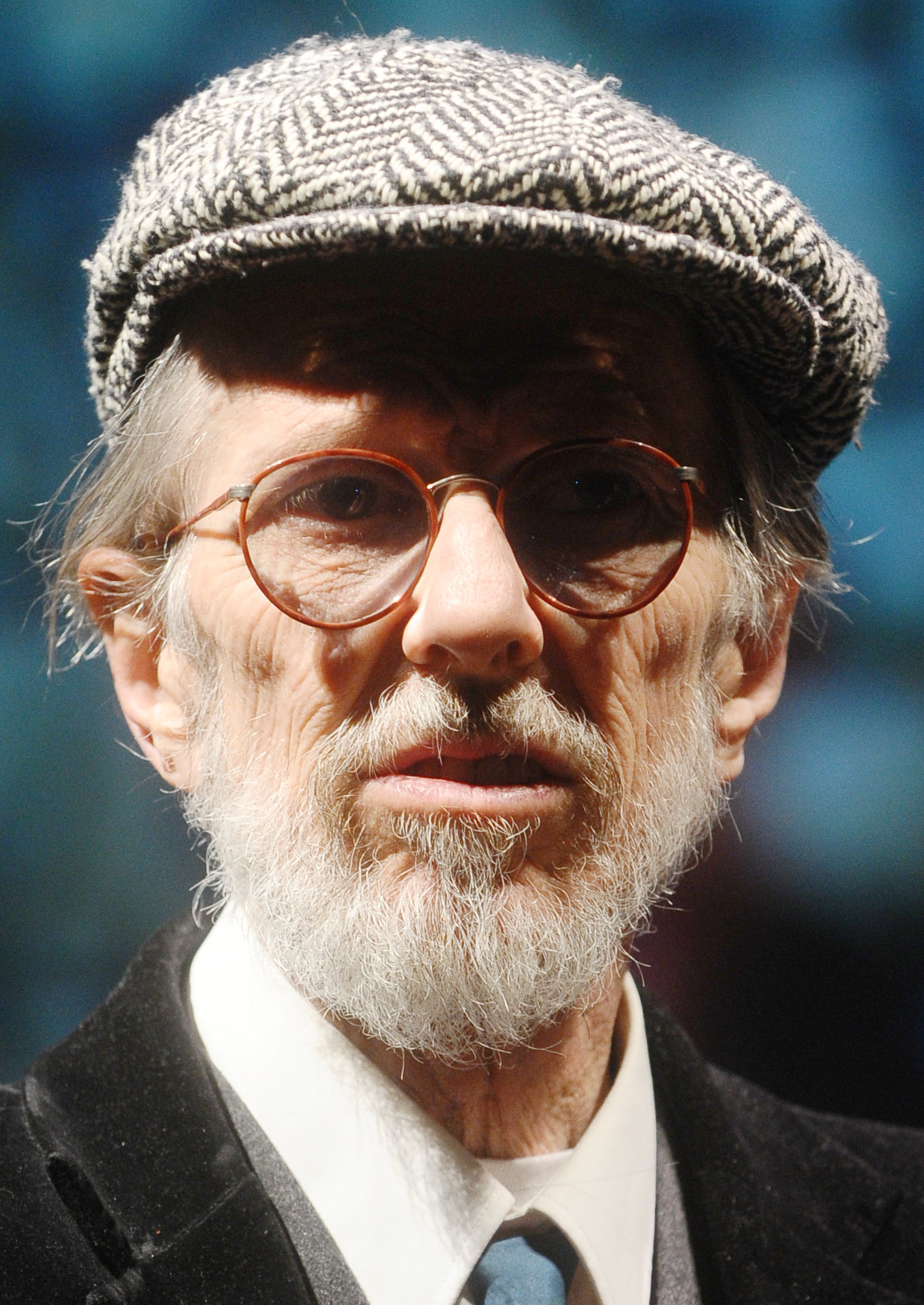The R. Crumb Handbook by Robert Crumb and Peter Poplaski (2005), p. 180
Contexte: Before industrial civilization, local and regional communities made their own music, their own entertainment. The esthetics were based on traditions that went far back in time—i. e. folklore. But part of the con of mass culture is to make you forget history, disconnect you from tradition and the past. Sometimes that can be a good thing. Sometimes it can even be revolutionary. But tradition can also keep culture on an authentic human level, the homespun as opposed to the mass produced. Industrial civilization figured out how to manufacture popular culture and sell it back to the people. You have to marvel at the ingenuity of it! The problem is that the longer this buying and selling goes on, the more hollow and bankrupt the culture becomes. It loses its fertility, like worn out, ravaged farmland. Eventually, the yokels who bought the hype, the pitch, they want in on the game. When there are no more naive hicks left, you have a culture where everybody is conning each other all the time. There are no more earnest "squares" left—everybody's "hip", everybody is cynical.
Robert Crumb: Citations en anglais
“When I come up against the real world, I just vacillate.”
"Simon Hattenston talks to Robert Crumb" http://www.guardian.co.uk/books/2005/mar/07/robertcrumb.comics, The Guardian, 7 March 2005.
The R. Crumb Handbook by Robert Crumb and Peter Poplaski (2005), p. 180
Contexte: Before industrial civilization, local and regional communities made their own music, their own entertainment. The esthetics were based on traditions that went far back in time—i. e. folklore. But part of the con of mass culture is to make you forget history, disconnect you from tradition and the past. Sometimes that can be a good thing. Sometimes it can even be revolutionary. But tradition can also keep culture on an authentic human level, the homespun as opposed to the mass produced. Industrial civilization figured out how to manufacture popular culture and sell it back to the people. You have to marvel at the ingenuity of it! The problem is that the longer this buying and selling goes on, the more hollow and bankrupt the culture becomes. It loses its fertility, like worn out, ravaged farmland. Eventually, the yokels who bought the hype, the pitch, they want in on the game. When there are no more naive hicks left, you have a culture where everybody is conning each other all the time. There are no more earnest "squares" left—everybody's "hip", everybody is cynical.
“Me, me, me…myself & I…oh no!!! Trapped in my stupid self!”
From his sketchbook (28 March 1998), reproduced in The R. Crumb Handbook by Robert Crumb and Peter Poplaski (2005), p. 372
Contexte: What the hell is this?? Who can tell me?? Does anybody know?? How can I find out more about it?? One thing's sure: the human mind can't "know" it... why does one want to "know"?? Is it a quest for "freedom"? One no longer wishes to be a puppet dancing on the strings of... of what? Animal instincts?? Learned reflexes? Programmed behavior?? Ingrained habits of perception?? How limited are we by the experience of our senses, by our physical nature?? To be fully alive is a stupendous struggle! We want the rewards without the struggle--- ---a fatal error!... No such thing as an easy life! Everybody has a hard time... struggle or die! To find out what's really going on it's necessary to get around the ego.. an art requiring persistent and determined effort... Me, me, me... myself & I... oh no!!! Trapped in my stupid self!
The R. Crumb Handbook by Robert Crumb and Peter Poplaski (2005), p. 394
The R. Crumb Handbook by Robert Crumb and Peter Poplaski (2005), p. 256
"R. Crumb, The Art of Comics No. 1" http://www.theparisreview.org/interviews/6017/the-art-of-comics-no-1-r-crumb, The Paris Review, Summer 2010, No. 193.
"R. Crumb, The Art of Comics No. 1" http://www.theparisreview.org/interviews/6017/the-art-of-comics-no-1-r-crumb, The Paris Review, Summer 2010, No. 193.
"Simon Hattenston talks to Robert Crumb" http://www.guardian.co.uk/books/2005/mar/07/robertcrumb.comics, The Guardian, 7 March 2005.
The R. Crumb Handbook by Robert Crumb and Peter Poplaski (2005), p. 393
"Simon Hattenston talks to Robert Crumb" http://www.guardian.co.uk/books/2005/mar/07/robertcrumb.comics, The Guardian, 7 March 2005.
As qtd. in the Picturing The Modern Amazon exhibition https://mnaves.wordpress.com/2000/06/19/picturing-the-modern-amazon-at-the-new-museum
Attributed
"R. Crumb, The Art of Comics No. 1" http://www.theparisreview.org/interviews/6017/the-art-of-comics-no-1-r-crumb, The Paris Review, Summer 2010, No. 193.
The R. Crumb Handbook by Robert Crumb and Peter Poplaski (2005), p. 56
The R. Crumb Handbook by Robert Crumb and Peter Poplaski (2005), p. 297
The R. Crumb Handbook by Robert Crumb and Peter Poplaski (2005), p. 363
From his sketchbook (16 February 1998), reproduced in The R. Crumb Handbook by Robert Crumb and Peter Poplaski (2005), p. 380
The R. Crumb Handbook by Robert Crumb and Peter Poplaski (2005), p. 163
The R. Crumb Handbook by Robert Crumb and Peter Poplaski (2005), p. 132
The R. Crumb Handbook by Robert Crumb and Peter Poplaski (2005), p. 60
Comment made to the press in 1976, quoted in The R. Crumb Handbook by Robert Crumb and Peter Poplaski (2005), p. 260
The R. Crumb Handbook by Robert Crumb and Peter Poplaski (2005), p. 23
"R. Crumb, The Art of Comics No. 1" http://www.theparisreview.org/interviews/6017/the-art-of-comics-no-1-r-crumb, The Paris Review, Summer 2010, No. 193.
“I’m an outsider. I will always be an outsider.”
"R. Crumb, The Art of Comics No. 1" http://www.theparisreview.org/interviews/6017/the-art-of-comics-no-1-r-crumb, The Paris Review, Summer 2010, No. 193.
Josephine Livingstone, “Comics’ Filthy Grandfather and the Woman Who Loves Him” https://newrepublic.com/article/140387/comics-filthy-grandfather-woman-loves, The New Republic, (February 3, 2017).
About
